How Would Jesus Vote?
Note: This was originally published in our bi-weekly e-newsletter, Liminal Spaces. To get future issues delivered to your inbox (and get our ebook for free!), sign up here.
It is difficult to know what to say on a day when millions of American Christians will head to the polls to express in political terms two radically different visions of Christianity.
For many of us, our political enemies are no longer the godless secular sector, but family members and fellow believers. Our adversaries are Christians who campaign for Christian nationalism, oppose vaccines, believe the 2020 election was stolen, and who willingly promote QAnon conspiracy theories. Christians who support candidates inciting violence from the pulpit while simultaneously tearing asunder the wall of separation between Church and State. Christians who stand side-by-side at political rallies next to Confederate and Nazi flags. Christians who believe our calling is to rule rather than serve. It’s as if we exist in alternative realities while worshiping opposing Gods.
Pastor Robin Meyers asks just how any of this is even possible.
“How on earth did followers of Jesus who counseled us to pray for our enemies, love the stranger, protect orphans and widows, how did they become the voting base for a major political party in America that can be depended upon to pray for the death of our enemies, to exploit our fear and mistrust of the stranger, to cut programs that help orphans and widows, and to make life miserable for gays and lesbians?”
The answer of course, is power.
In a nation ripe with domination, divided by racism, entrenched in patriarchy, mobilized toward authoritarianism, and ruled by the wealthy at the expense of the poor, our role is not to seek power, but to be prophetic. Maybe that’s what author and missionary Lesslie Newbigin meant when he wrote, “The place of the church is thus not in the seats of the establishment but in the camps and marching columns of the protestors.” Instead of a powerful, nationalistic Christianity, we need a prophetic Christianity—a Christianity that calls into question the very empire in which we live and move and have our being.
Today in America, millions of Christians will let their voice be heard through the ballot box, but after six years of petitioning my fellow believers to practice the politics of Jesus, I’m all out of words. So, I’ll leave you with a tweet from my friend Thomas Horrocks who pleads, “vote like you love your most vulnerable neighbor.” Vote like one crying in the wilderness. May your vote preach the Gospel to the poor, may it bind-up the broken hearted, deliver the captives, and give liberty to all who are oppressed.
The God we claim to serve looks similar to so many of the people that will be impacted the most by today's outcome. So go vote as if His life and the future of our faith depends on it because in so many ways, it does.
Gary Alan Taylor
The Sophia Society

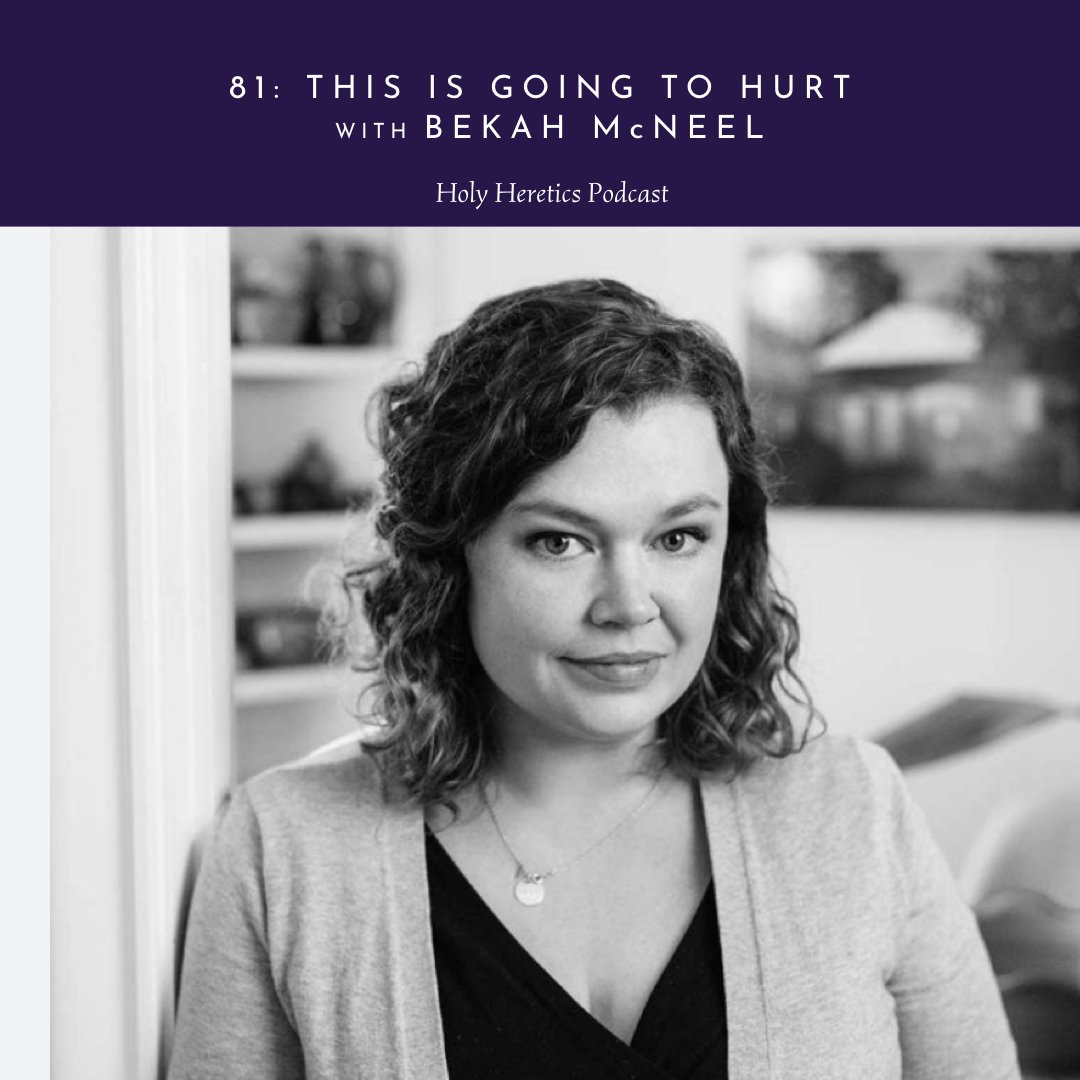
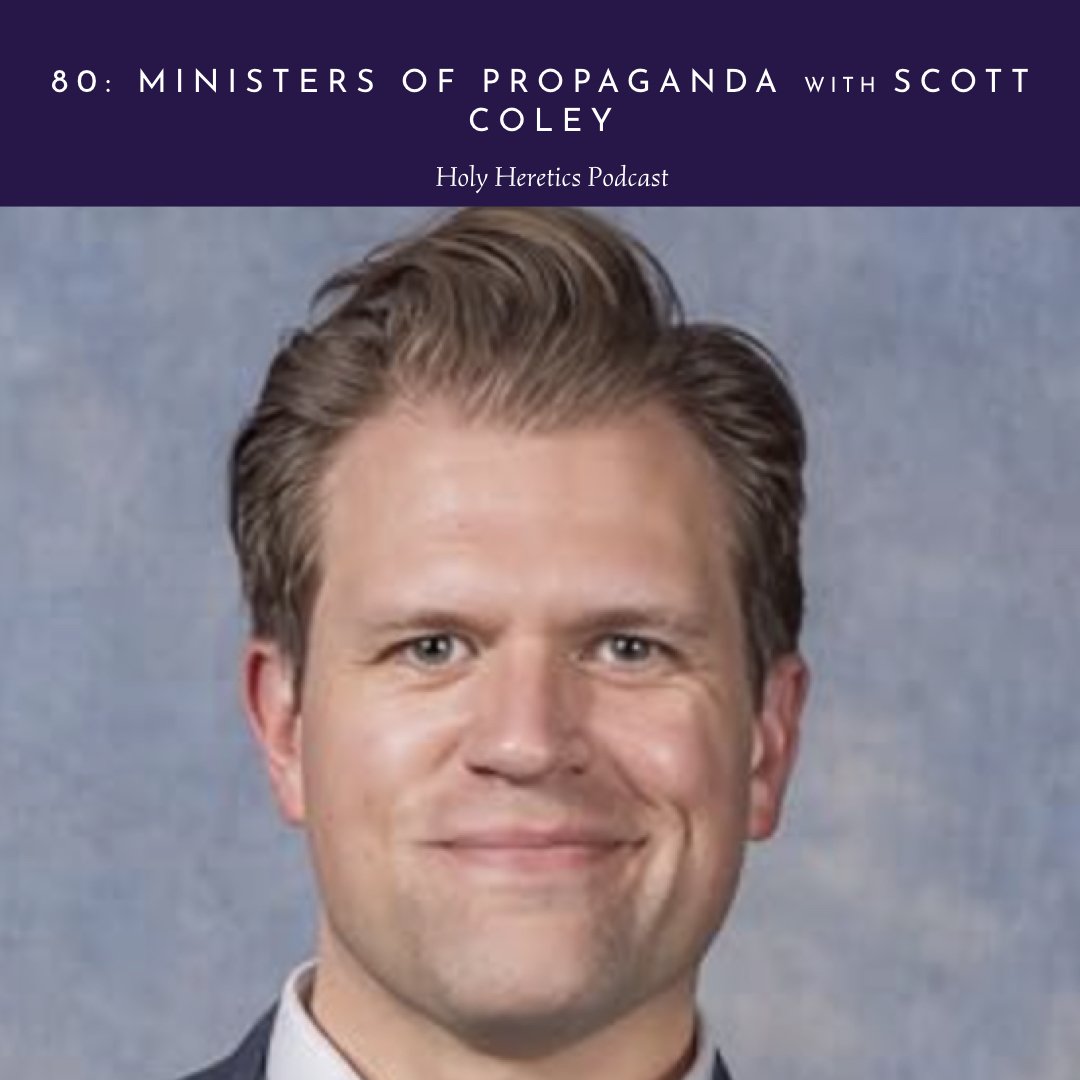

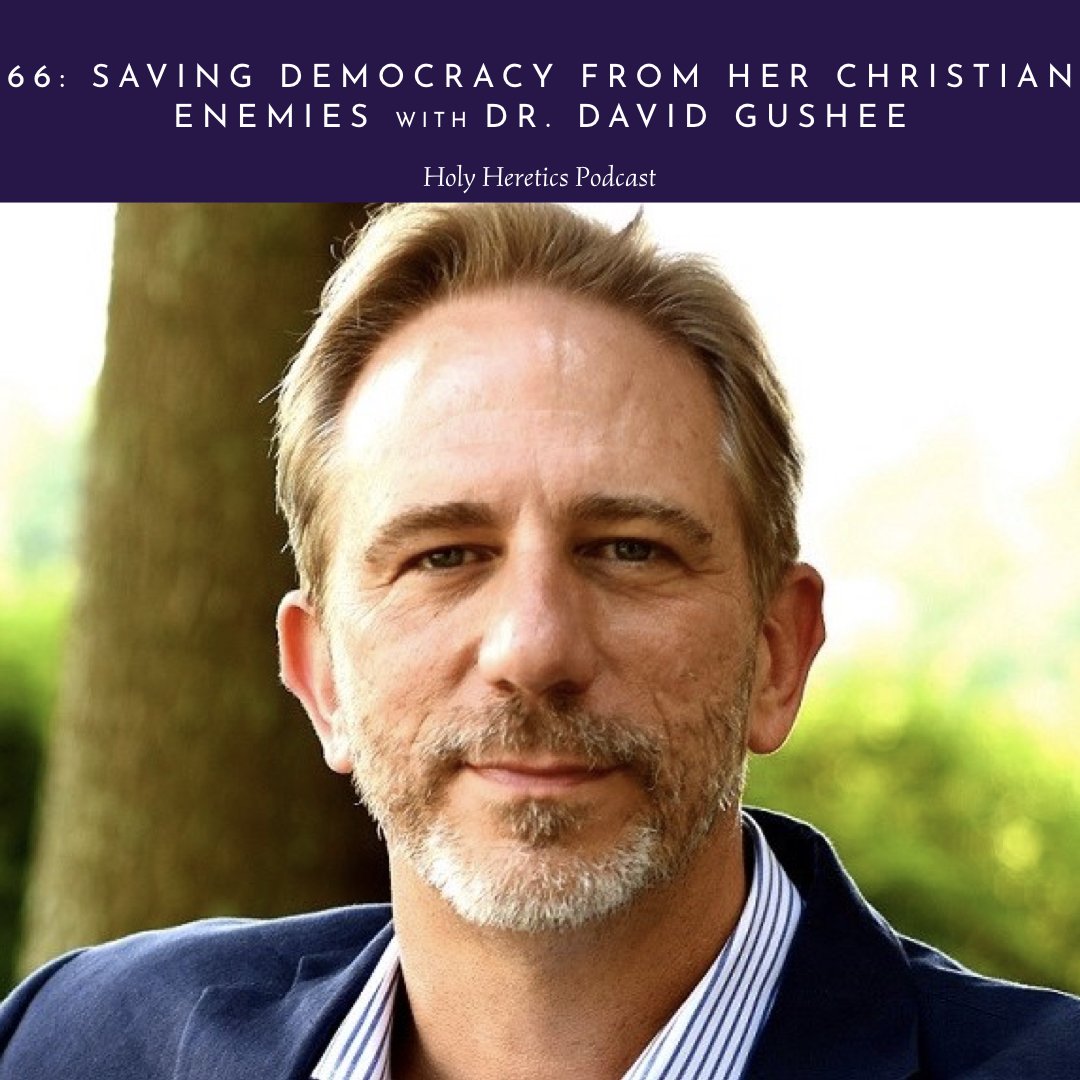
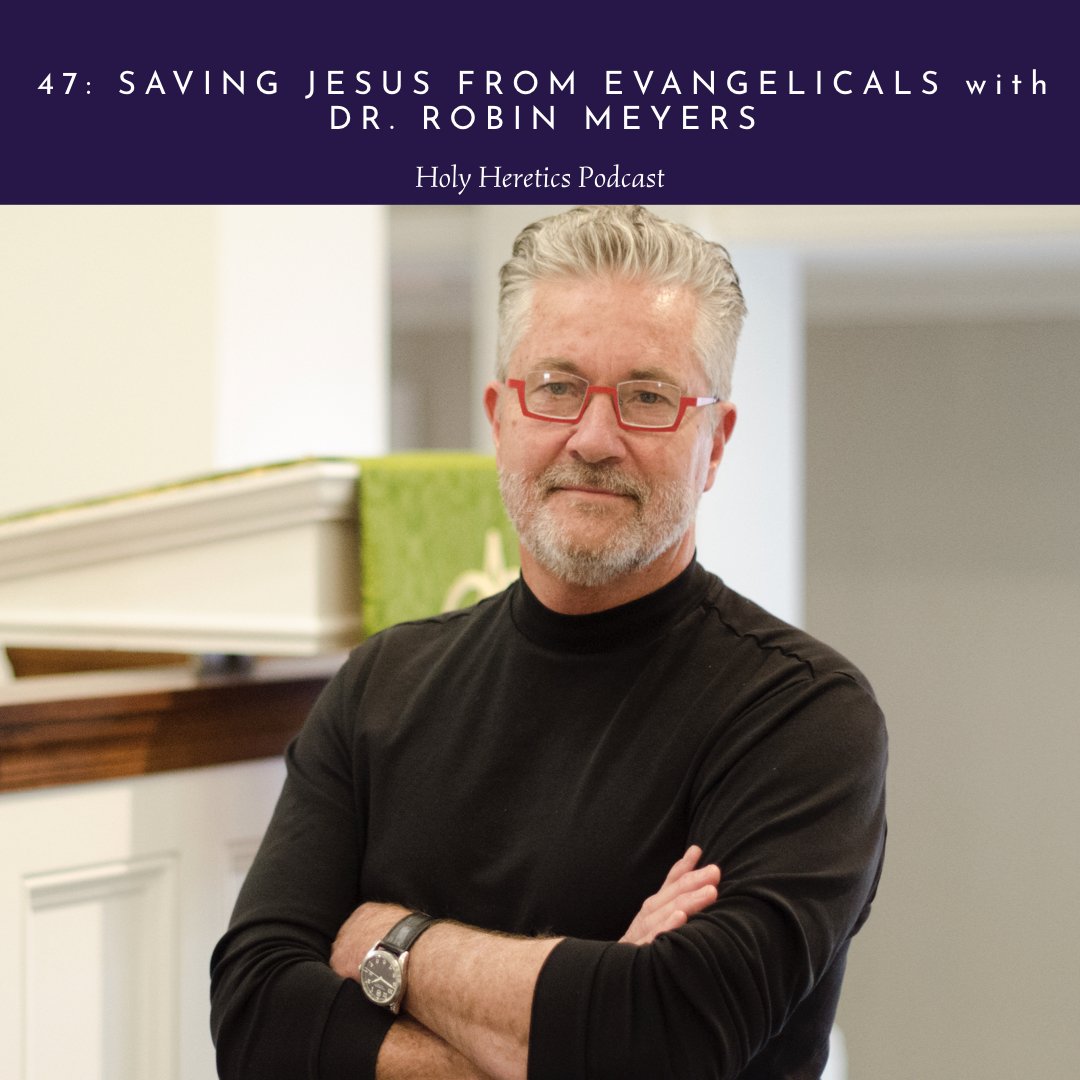
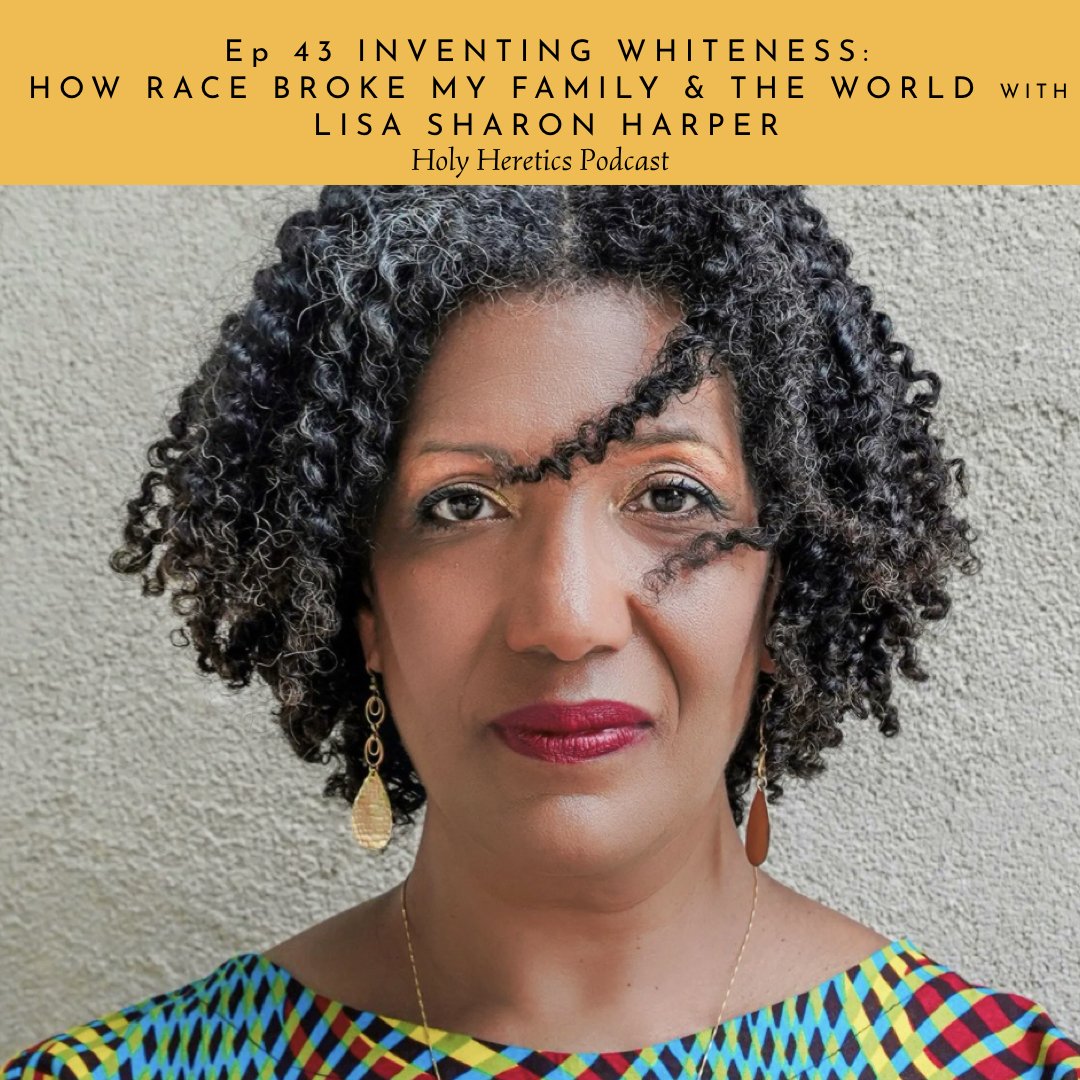
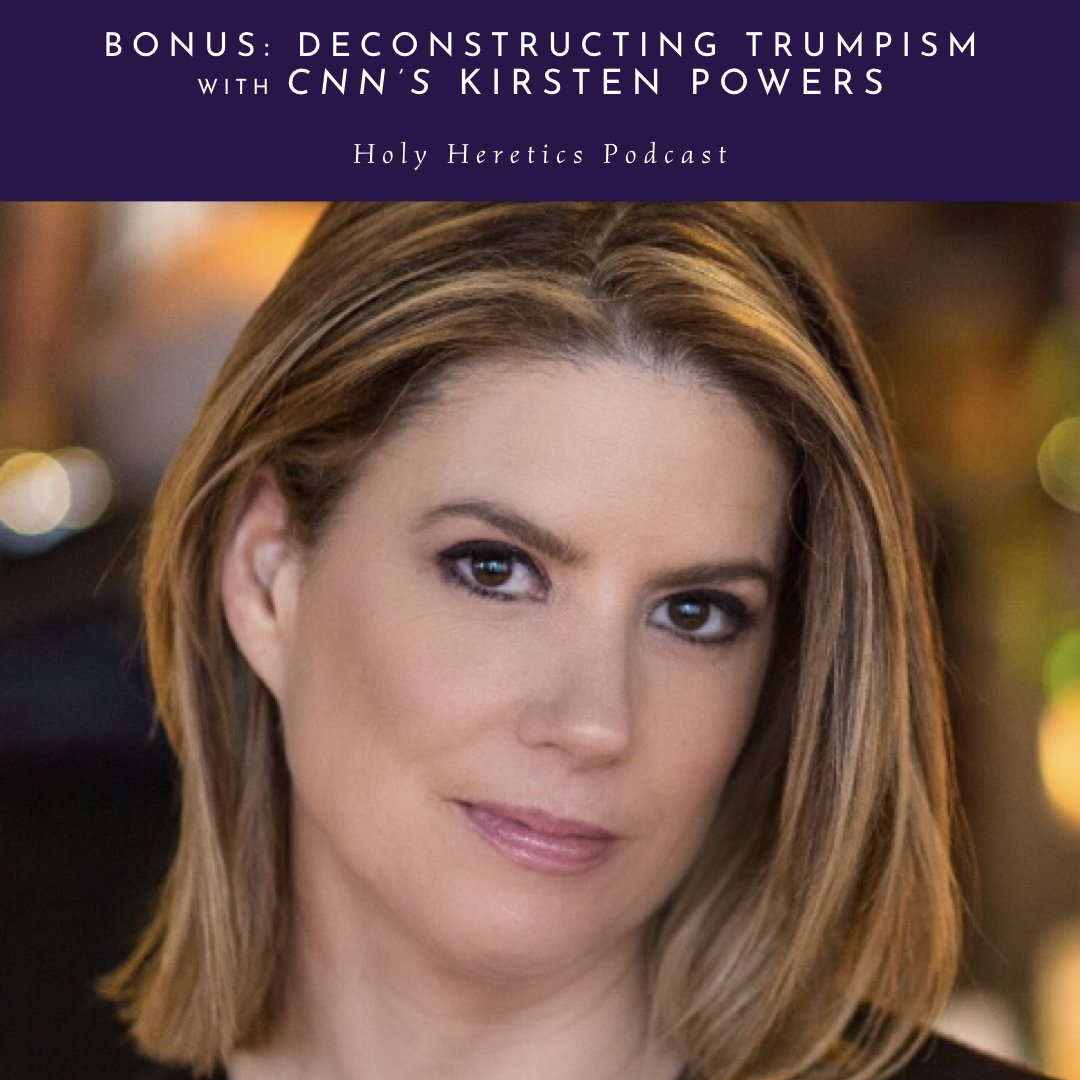

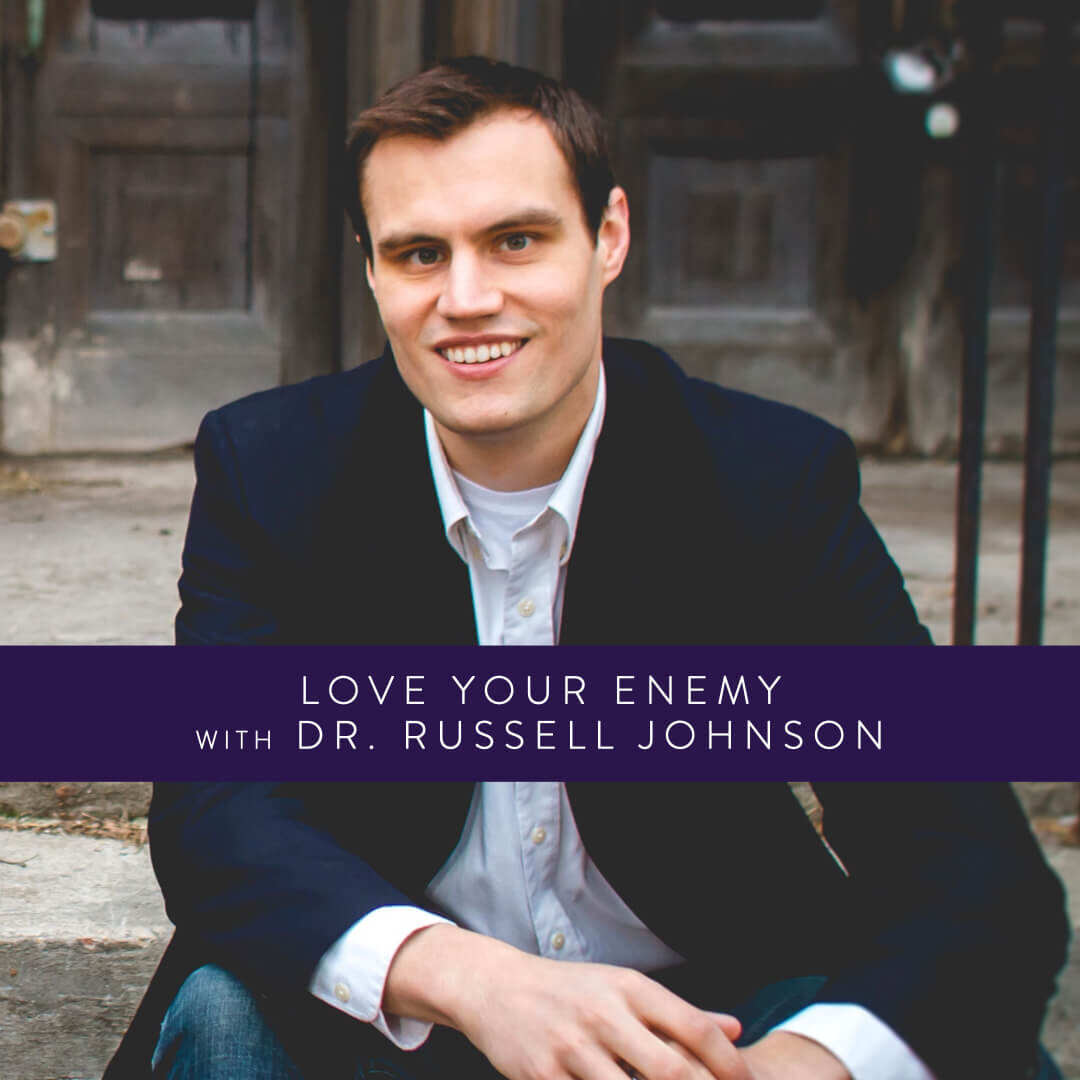
MAGA Christians are cruel because the MAGA cult is cruel; and MAGA Christians are cruel because cruel people tend to become MAGA members.